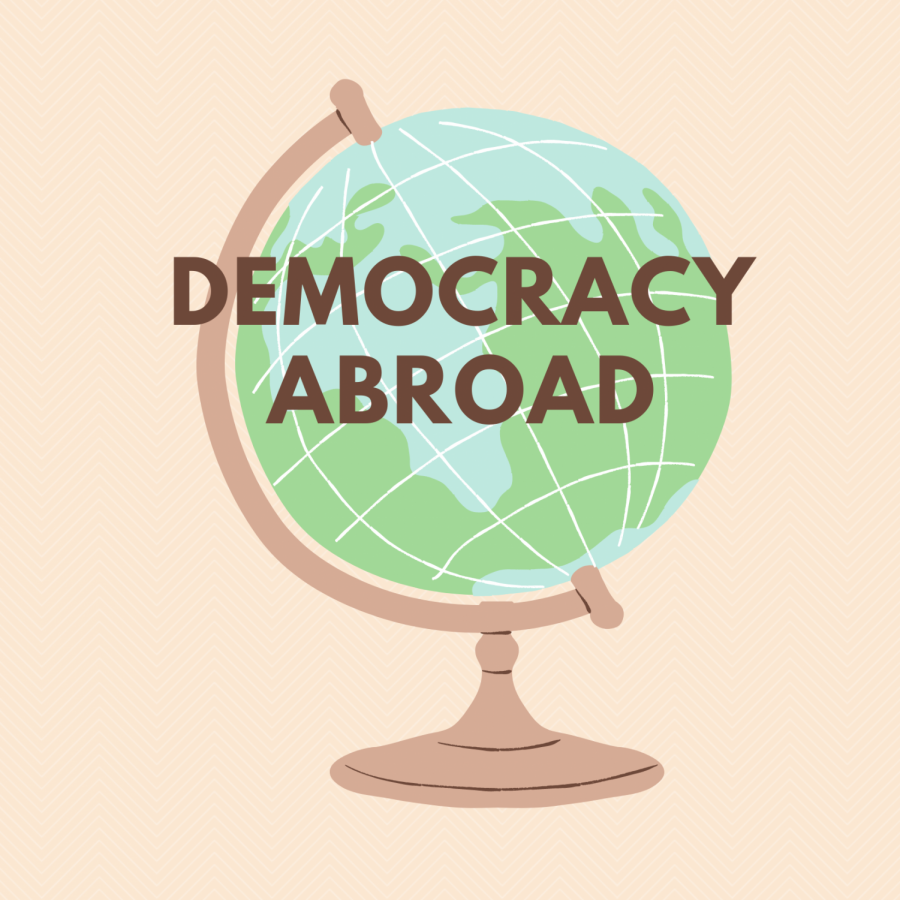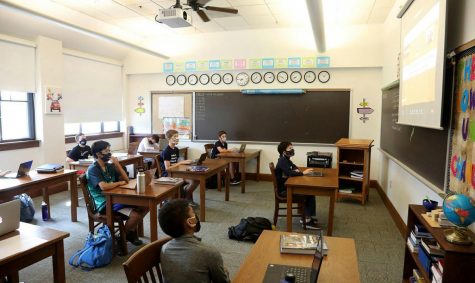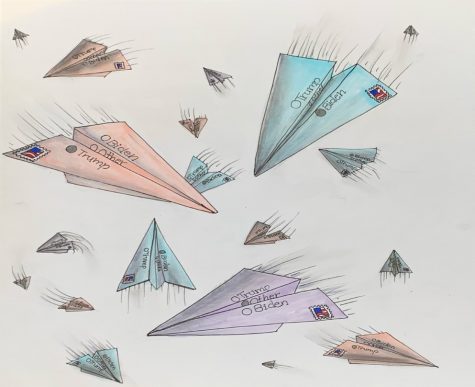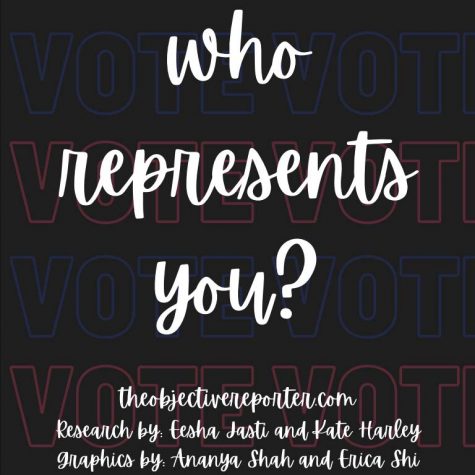Democracy Abroad
November 2, 2020
There are many differing opinions on how to best conduct the general election in the U.S. this year due to the pandemic. Thankfully, there are a multitude of different voting methods around the world to use as models.
One voting method that is utilized by several countries such as Mexico, Australia, and Brazil is the practice of compulsory voting. Compulsory voting, otherwise known as mandatory voting, is the requirement that eligible citizens must vote. This method increases voter turnout and theoretically provides a more accurate representation of the people. For example, before Australia made voting compulsory, which was in 1924, the voter turnout was less than 50 percent. After the change, the voter turnout rose and is now at around 80 percent. On the other hand, one could argue that compulsory voting interferes with people’s freedom of choice. In the U.S, our right to vote also includes our right not to vote; therefore, constituting compulsory voting can be viewed as an infringement upon people’s rights. Others also say compulsory voting may promote an uninformed electorate as people who haven’t educated themselves on candidates would still be forced to vote. However, others say it would encourage informed voting as people would want to research more on each candidate.
Another voting method which would theoretically function during a pandemic is online voting. This method was first implemented in Estonia in the early 2000s. Voter verification is conducted through a QR code displayed after the voting process. One downside to this method is that there is no way for voters themselves to ensure that their votes are counted (or at least get the physical, if not definite, reassurance of handing in a paper ballot). The system has also undergone criticism for its susceptibility to fraud. These concerns have been dismissed by the Estonian government as political bad-faith attacks as opposed to general and productive concern.
Finally, one of the most pervasive voter suppression attempts is the placing of election day on a non-holiday weekday. Many people are prevented from voting simply because they must work for the entire period that polls are open. This technique is not unique to the US. Declaring election days a national holiday and/or placing them on a weekend would increase voter turnout, though some argue that this would bring a decrease in productivity due to a potential loss of a workday.
With the current political climate in the United States, it would have been unwise to introduce a new method of voting for this election, especially ones with any taint of possible fraud. However, many believe that the US musts continuously study the ways that other governments conduct voting in elections to ensure that we implement the safest and most efficient method.









